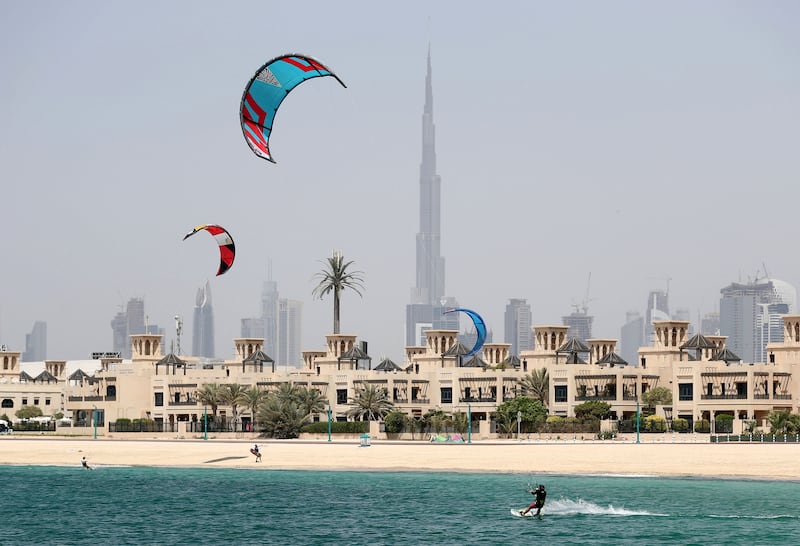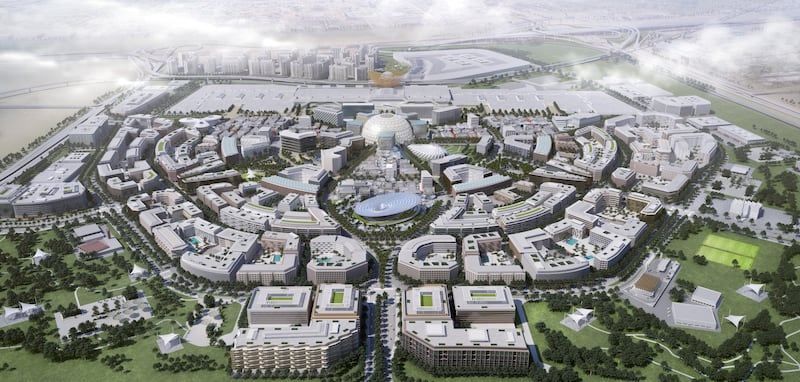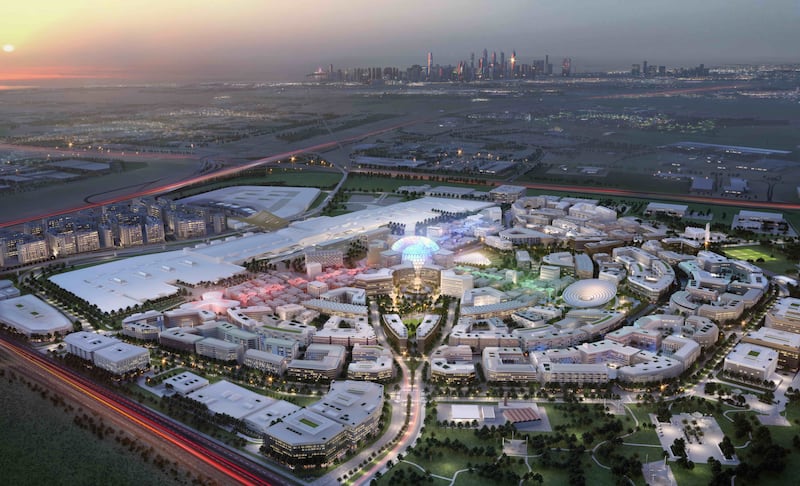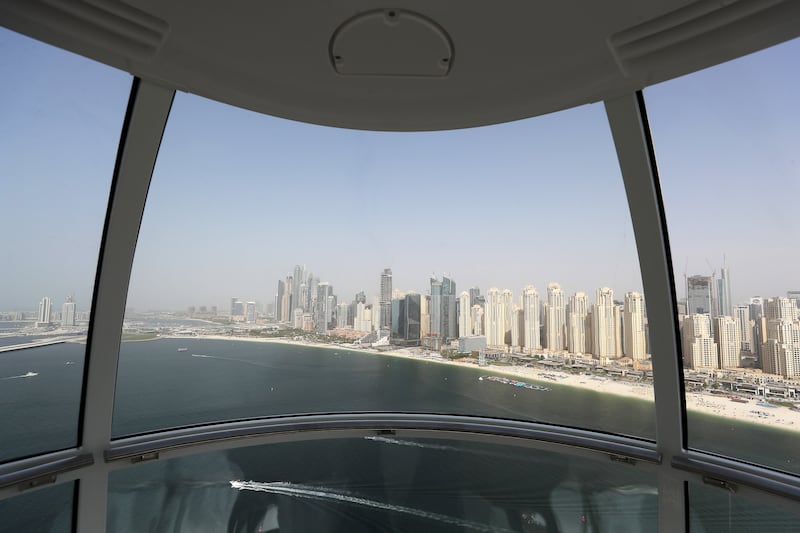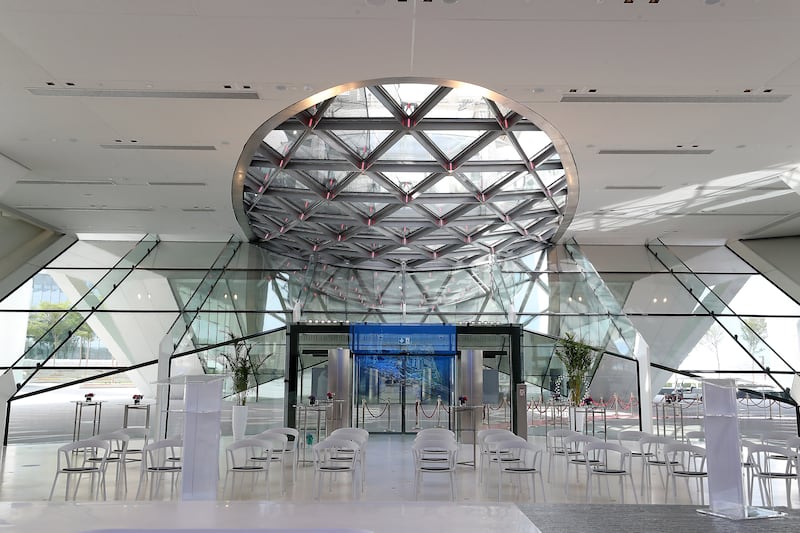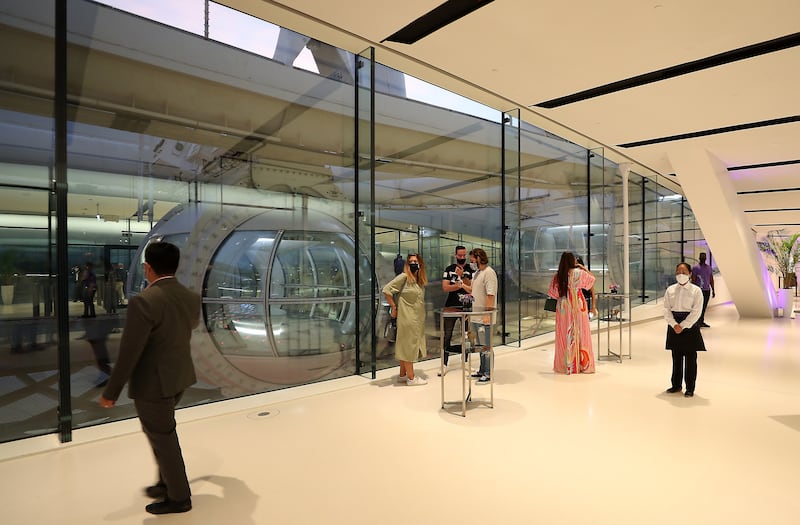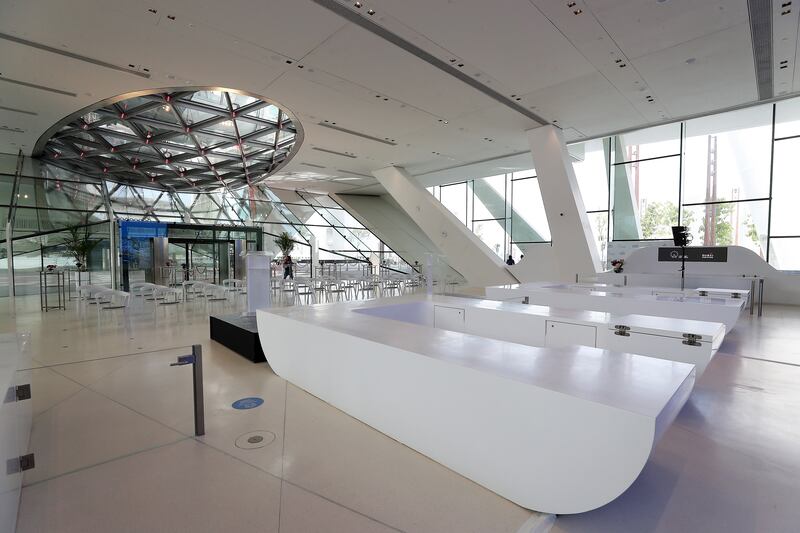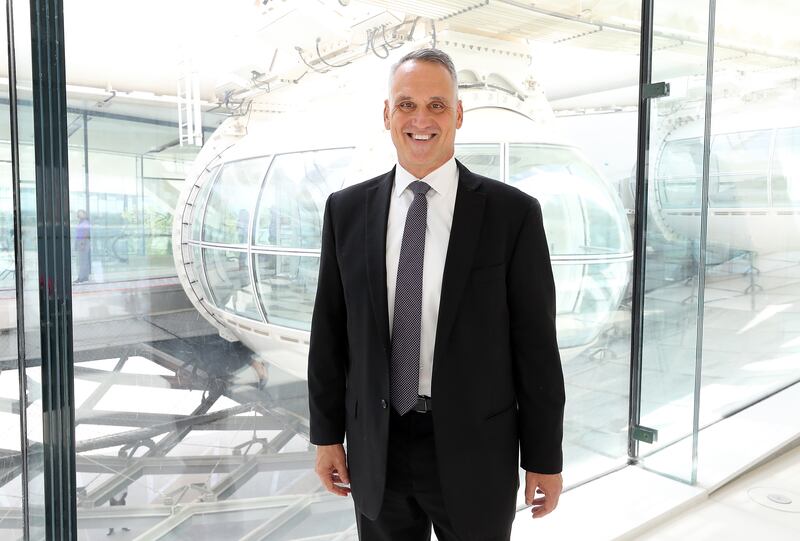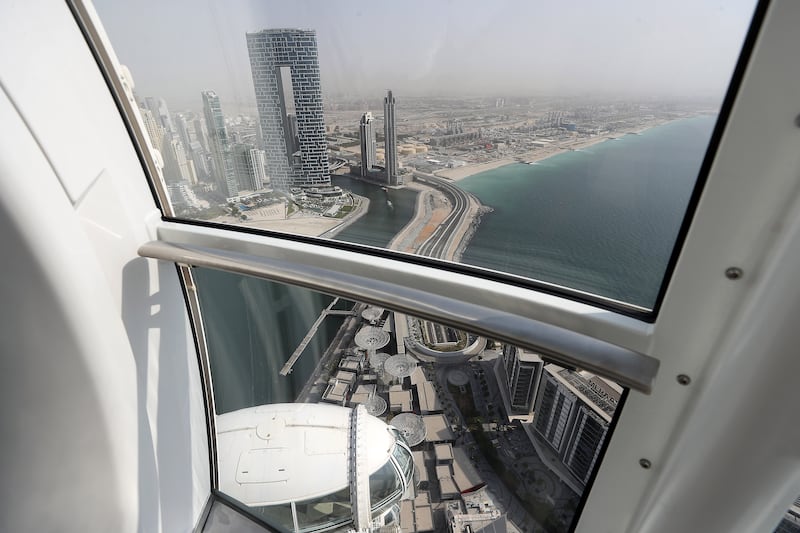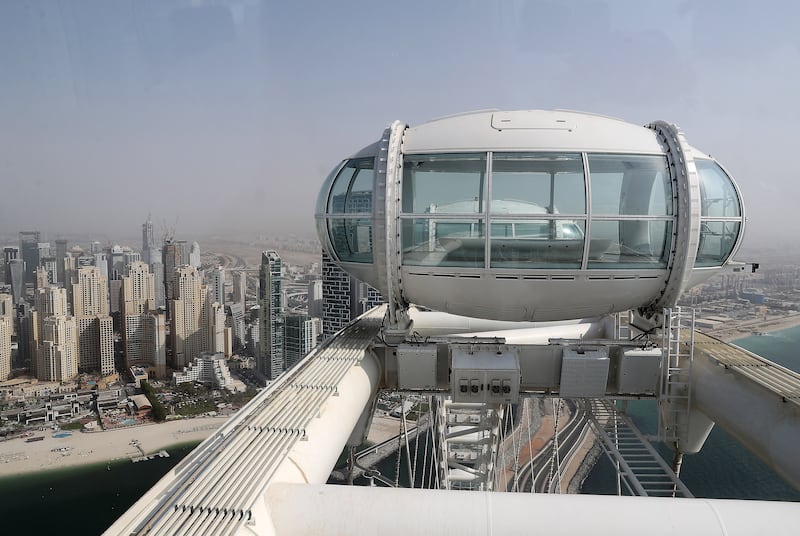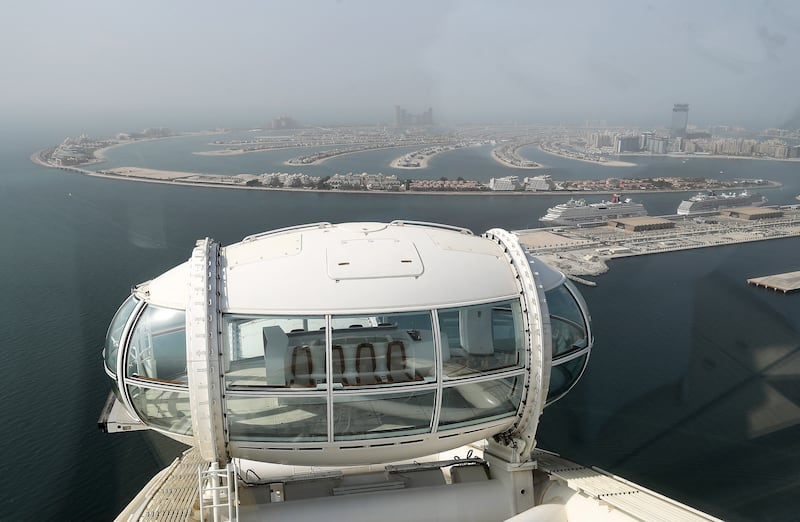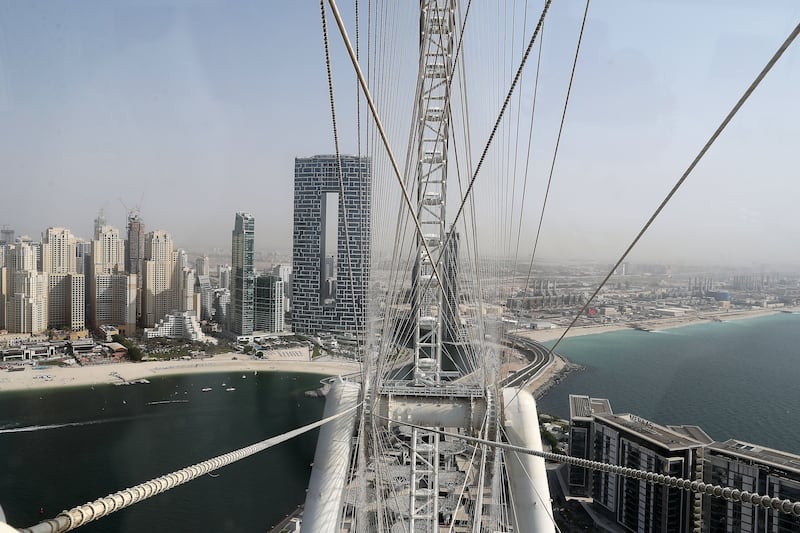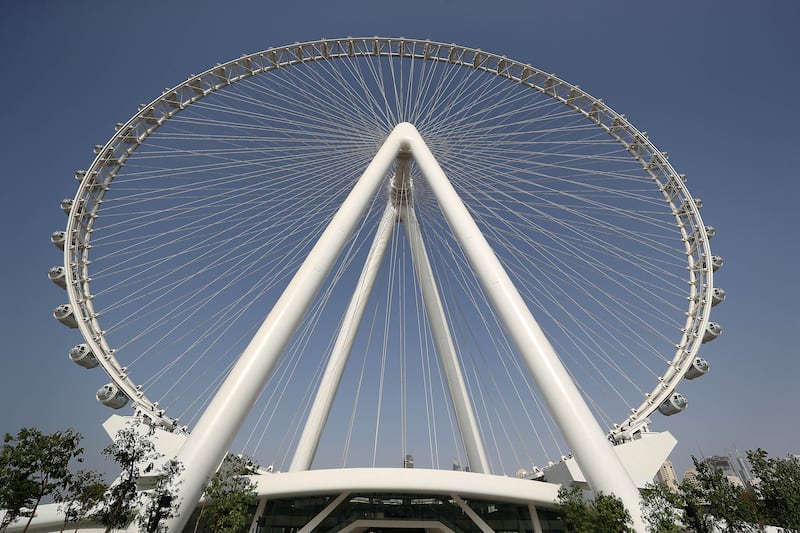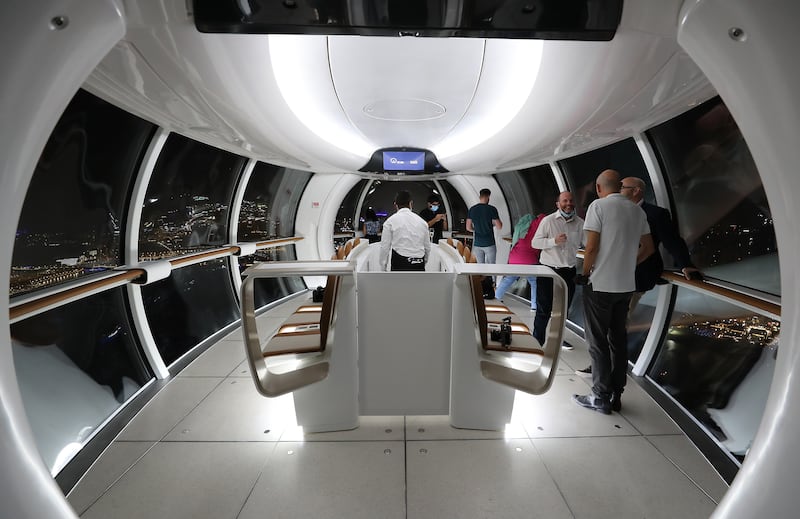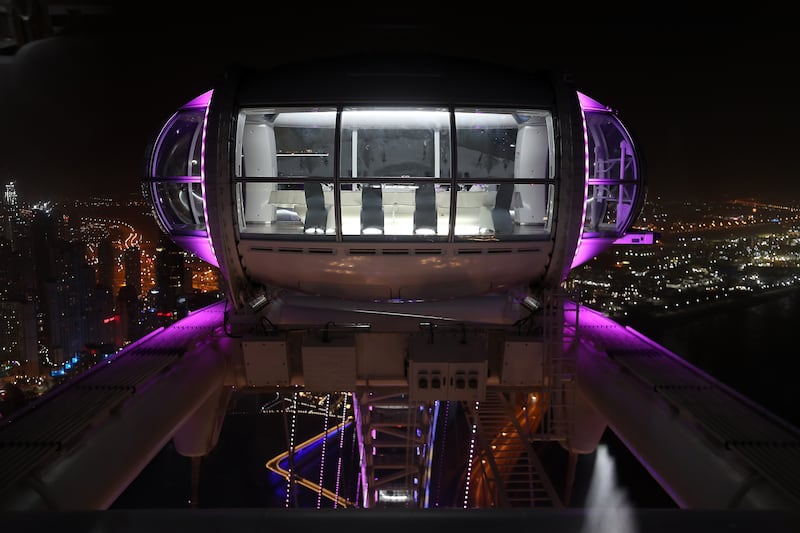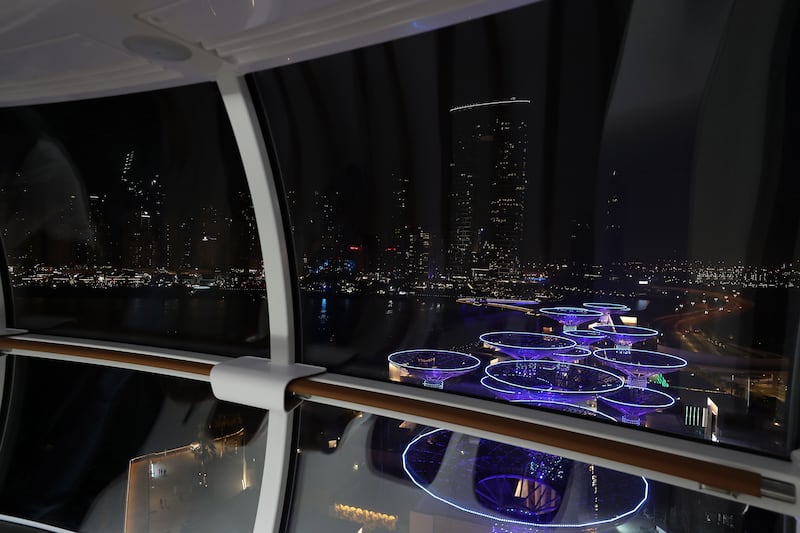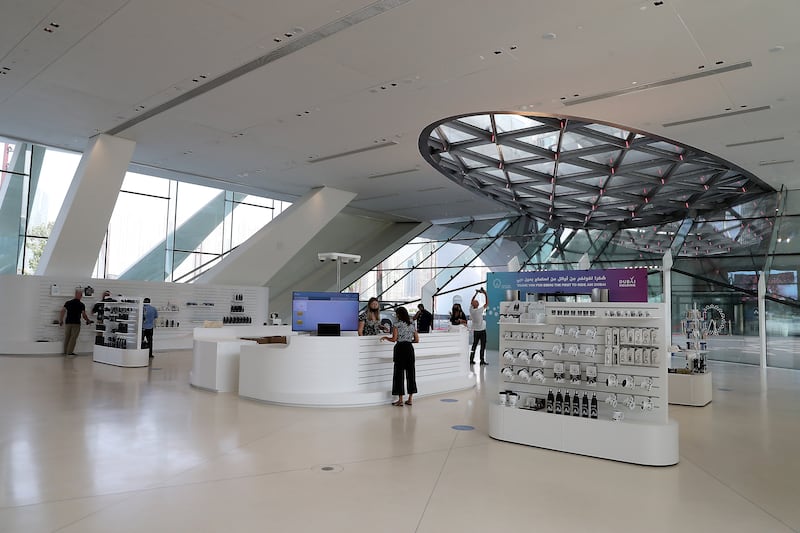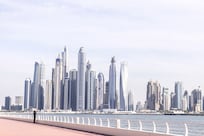Follow the latest updates on the Covid-19 pandemic here
Expo 2020 Dubai is less than a month away.
And the emirate is ready to welcome the world, with millions of visitors expected to fly in from abroad.
Wintertime is also the peak tourist season marked by idyllic weather, which attracts people from all over the world. This year, it will also offer tourists a sense of freedom as many continue to face restrictions in their own countries.
Life in Dubai is back to normal as Covid-19 rules have been relaxed in most places, offering tourists plenty of options to keep busy and entertained.
But travelling in the time of Covid-19 is not as simple as it once was and safety precautions must be followed at all times in public places.
So what procedures do tourists have to follow and what can they do while on holiday?
The National explains.
Do I need a visa?
It depends on your nationality. You can check whether you need a visa here.
Do I have to be vaccinated to visit Dubai?
No, travellers do not have to be vaccinated, but they must be tested for Covid-19 before travel, and in some cases on arrival.
What can I do during my stay in Dubai?
All public attractions are open to the public. Ain Dubai, the world's tallest observation wheel and the latest attraction in the emirate is set to open to the public on October 21, with tickets now available online.
Expo 2020 Dubai will be a major attraction and tickets to the event are now on sale worldwide. Precautions will be in place to protect visitors.
With more than 190 country pavilions, as well as themed exhibitions at the Opportunity, Mobility and Sustainability pavilions, 200 dining venues and up to 60 shows a day, tourists can add a few days to their itinerary to visit the expo site.
It will run from October 1, 2021 to March 31, 2022.
As of September 2, hotels can be at full occupancy (up from 70 per cent) while entertainment venues can increase capacity to 70 per cent (up from 50 per cent).
Restaurants and cafes can operate at 80 per cent capacity and can remain open until 3am.
The number of people who can sit at one table is 10 for restaurants and six at cafes.
Concerts, sports spectator events and social and institutional events are permitted providing the audience, participants and staff are inoculated against Covid-19 with an approved vaccine.
The maximum attendance for large public events that require permits is now 1,500 for indoors and 2,500 for outdoors.
Face masks are mandatory in public and in private gatherings and people are required to maintain a physical distance of two metres from others.
Have a look at Expo 2020's incredible Garden in the Sky
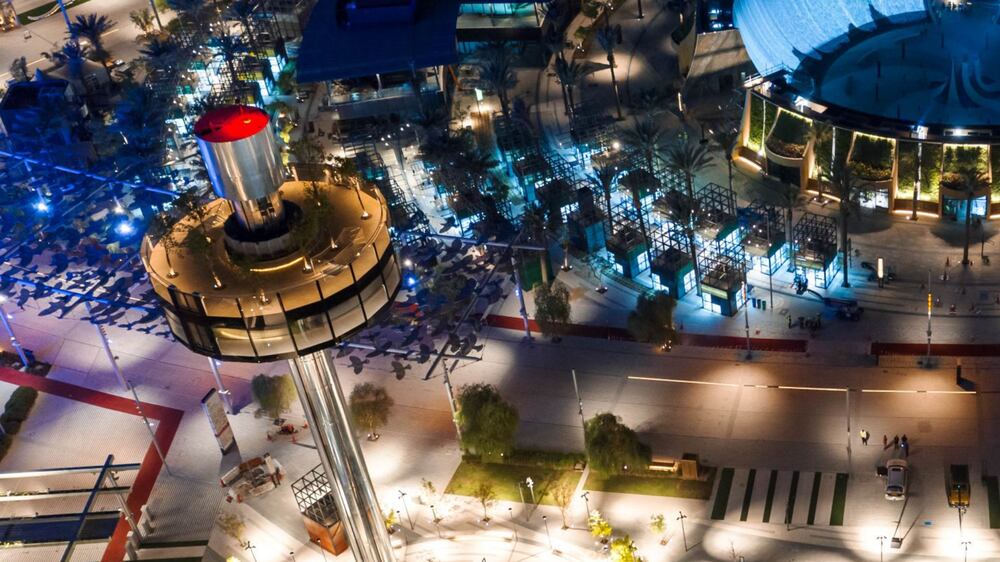
Do travellers need permission or register somewhere first to travel?
No. Tourists do not need approval from either Dubai's immigration authority, the General Directorate of Residency and Foreigners Affairs (GDRFA) or the Federal Authority for Identity and Citizenship (ICA) to travel to the emirate.
But passengers arriving from Bangladesh, Ethiopia, India, Nigeria, Pakistan, Sri Lanka, South Africa, Uganda, Vietnam and Zambia must follow specific rules. These include:
· Produce a negative PCR test certificate with a QR code issued within 48 hours prior to departure from an approved clinic, which can be found below using a link.
· Take a rapid PCR test, and be able to present the negative result in a QR code, from a test conducted at the departure airport within six hours of the flight.
Travel is not currently possible for those travelling directly from Bangladesh, Nigeria, Vietnam and Zambia to Dubai as there are no rapid PCR testing facilities at their airports.
Is a PCR test required for travellers from other countries too?
Yes, travellers arriving in Dubai from any destination must present a negative PCR result from a test taken no more than 72 hours before departure.
There are exemptions, which are set out below.
SMS certificates, antibody tests, NHS Covid Test certificates, plus results from rapid PCR tests and home-testing kits are not accepted. The test result must be official – either digital or printed – and written in English or Arabic, ready for presentation at check-in. Certificates in other languages are accepted if they can be validated at the point of departure.
Passengers travelling from Indonesia, Sudan, Lebanon, Egypt and Ethiopia must present a report linked with a QR code for verification purposes at check-in and on arrival in Dubai.
Where can I get tested before my flight to Dubai?
The UAE has approved a list of laboratories in every country, which can be found here.
I am travelling from India. Can I get a visa on arrival in Dubai?
Indian nationals who are travelling to or from India via Dubai can get a visa on arrival for 14 days if they have a visitor visa or a green card issued by the United States, or a residence visa issued by the United Kingdom or European Union. The visas must be valid for a minimum of six months. Anyone who does not have that can apply for a visit visa for the UAE.
Will I need to take a second test on arrival?
Perhaps. Some passengers must take a second test on arrival in Dubai.
The rule applies if the passengers are travelling from: Afghanistan, Angola, Argentina, Azerbaijan, Bahrain, Bangladesh, Bosnia & Herzegovina, Brazil, Cambodia, Chile, Croatia, Cyprus, Djibouti, Egypt, Eritrea, Ethiopia, Georgia, Ghana, Greece, Guinea, Hungary, India, Indonesia, Iran, Iraq, Israel, Ivory Coast, Jordan, Kenya, Kuwait, Kyrgyzstan, Lebanon, Malta, Moldova, Montenegro, Morocco, Myanmar, Nepal, Pakistan, Poland, Philippines, Qatar, Rwanda, Russia, Senegal, Slovakia, Somaliland, Somalia, South Africa, South Sudan, Sudan, Syria, Tajikistan, Tanzania, Thailand, Tunisia, Turkey, Turkmenistan, Uganda, Ukraine, Uzbekistan, Zimbabwe.
Do travellers have to quarantine in Dubai?
No. There is no quarantine on arrival in Dubai.
But anyone who takes a Covid test at the airport must remain in their hotel or residence until they receive the result. If it is positive, the traveller will have to isolate as per Dubai Health Authority guidelines. If it is negative, they are free to go out and explore the city.
Is anyone exempt from taking a PCR test, if it is required?
Children under the age of 12 and passengers who have a moderate or severe disability – including acute spinal cord injury, Alzheimer's disease, amyotrophic lateral sclerosis, ataxia, autism spectrum, Bell's palsy, brain tumours, cerebral aneurysm, cerebral palsy, Down syndrome, epilepsy and seizures – are exempt from taking a PCR test.
But all other passengers, including those who are visually, physically or hearing impaired, must take a test if required.
